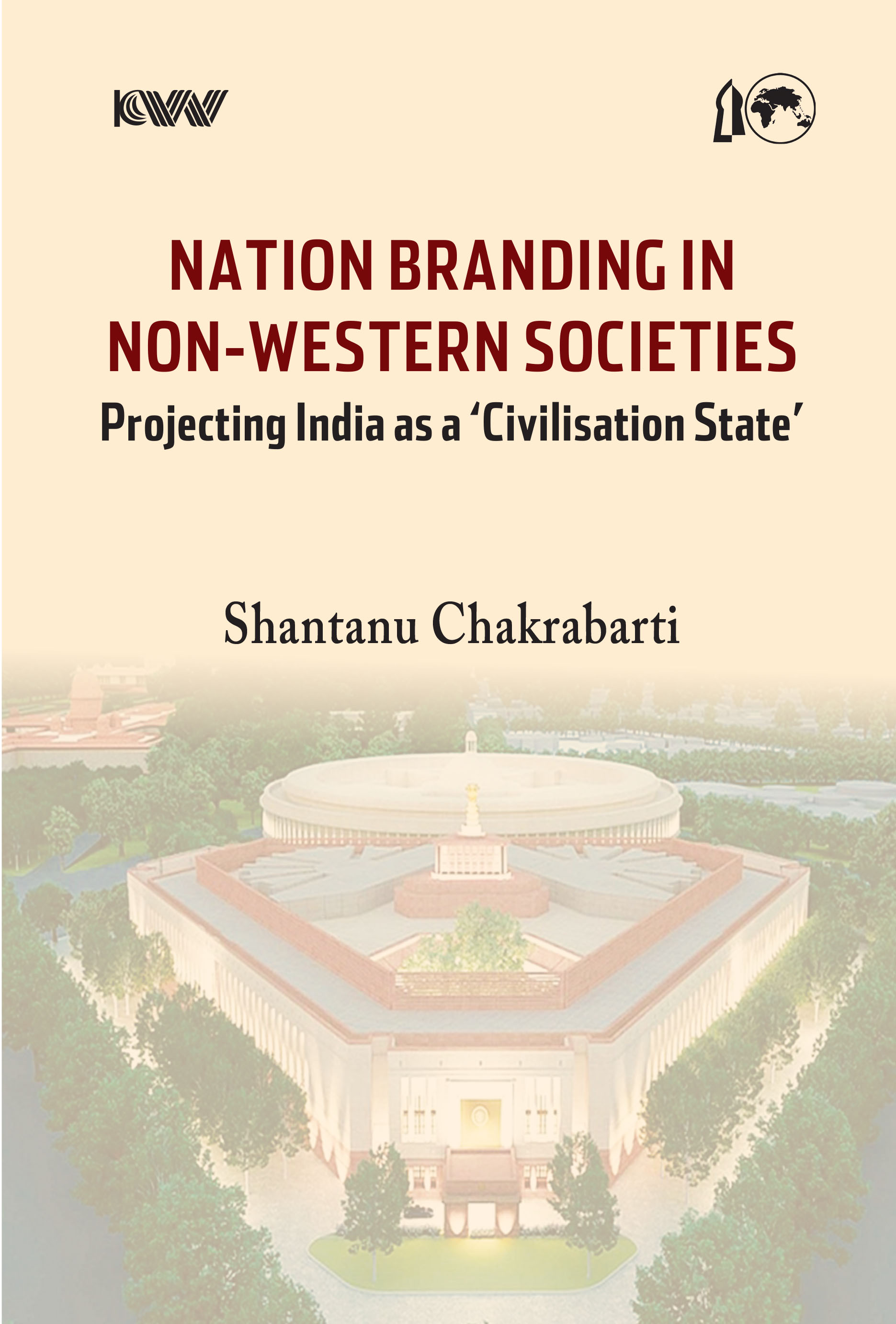Subjects
Nation Branding in Non-Western Societies: Projecting India as a ‘Civilisation State’
Shantanu Chakrabarti
A country’s stature in global politics is often determined by its popular image and public perceptions, as reflected in global media. While ‘nation branding’ as a term and a tool of analysis in Social Sciences has emerged prominently since the 1990s, the practice of ‘positive’ projection of states, regions and locality along with non-state institutions has deeper historical roots. Apart from nation branding, the cultural turn in ‘International Relations’ has led to popularisation of analytical concepts like ‘soft power’ and ‘civilisation’ or ‘civilisational states’. The present work plans to focus on two of these concepts: ‘nation branding’ and the ‘civilisation state’ and traces the historical process of evolution in Indian nation building project.
The main focus of the book is on two main issues in the context of ongoing research related to the conceptualisation of the civilisation state as statist as well as an intellectual project and its projection within the ‘nation branding’ framework. First, it analyses the evolving concept of ‘civilisation state’ and its association with the strong urge for autonomy along with the self-perception of national and cultural greatness shared by the Indian elite leading to a search for identity and recognition of the intra-regional and extra-regional linkages in terms of shared cultural and historical identity. Secondly, it also look into the process of continuity from independence to present times and to what extent this has influenced Indian elite thinking and conceptualisation of India’s status in global affairs. The book also focusses on how such a process of identity formation reduces and sometimes obliterates the gaps between ‘internal’ and ‘external’ bringing into academic scrutiny the whole range of policymaking, and to what extent it matches the state rhetoric in India with popular perception.


 Political Science
Political Science
